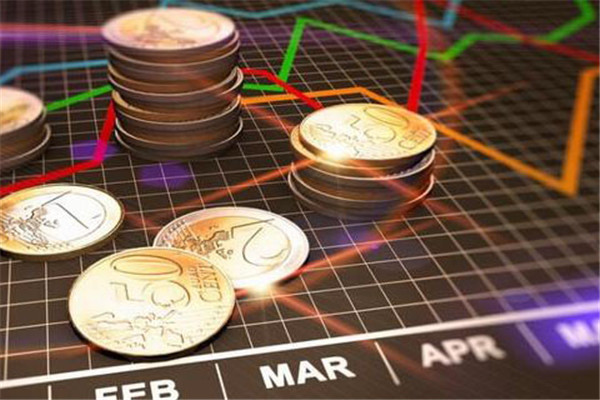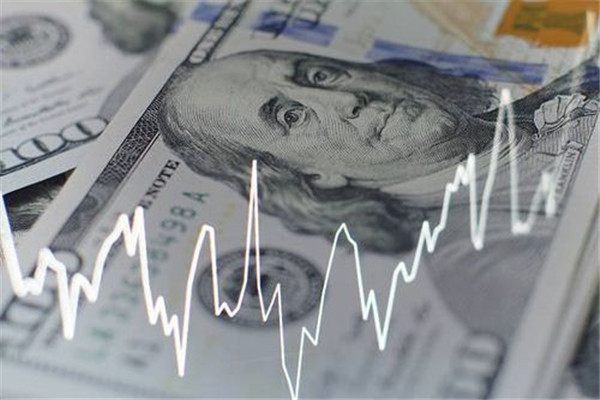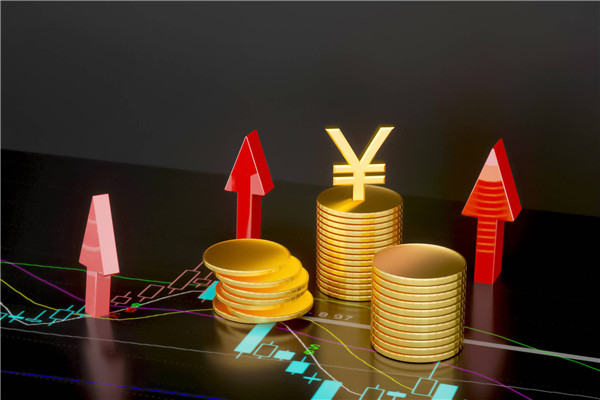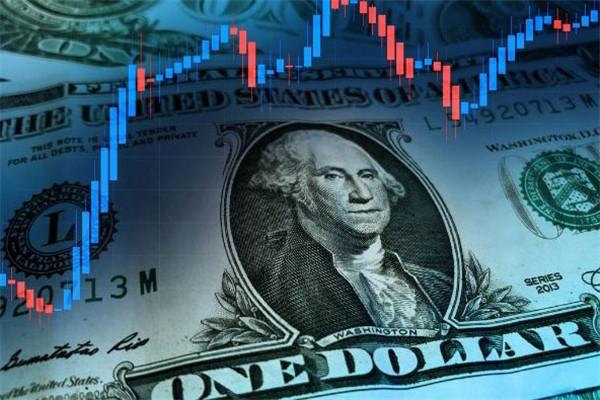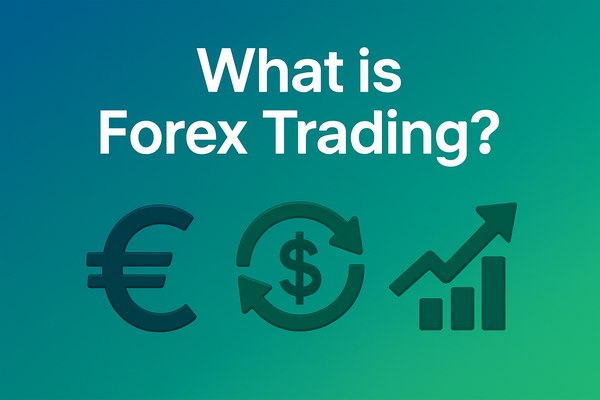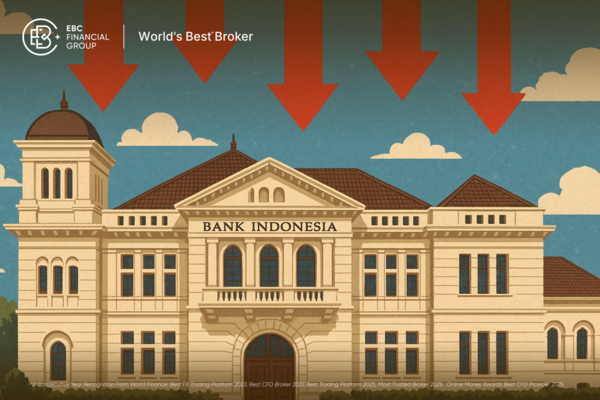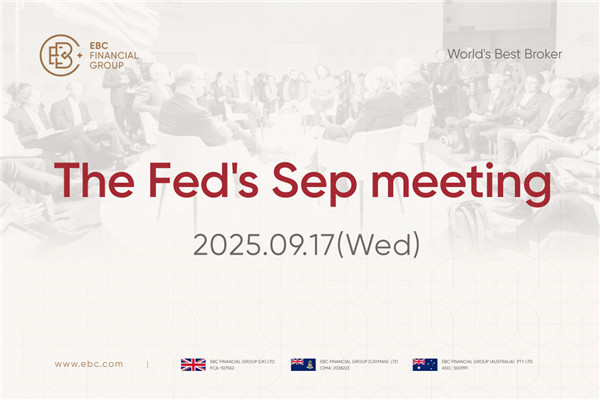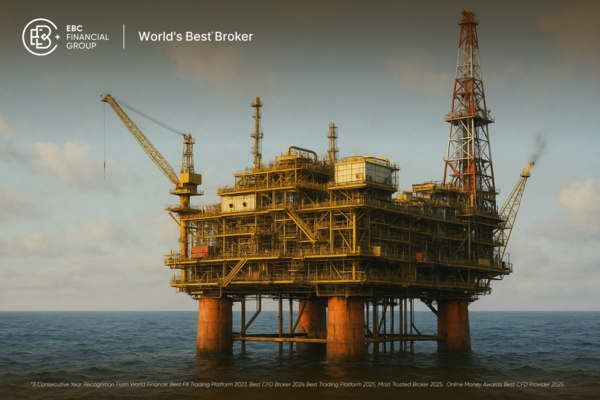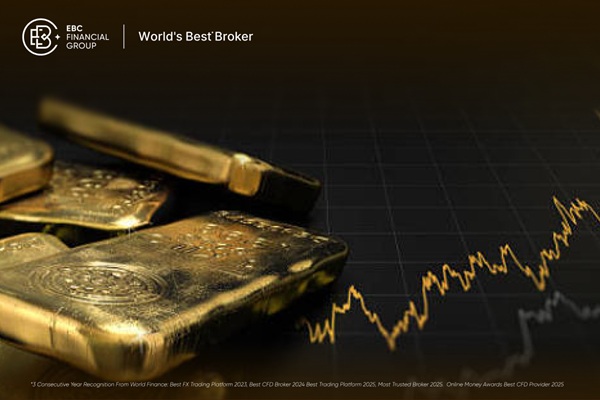The foreign exchange market (FX or Forex) is one of the largest and most liquid financial markets in the world, which can be simply defined as a market that can compete with other currenciesThe commodity of exchanging assets such as gold and Crude Oil refers to the buying and selling of currency, and is also one of the fastest growing markets in the world. From 2007 to 2010, the trading volume of the forex market increased by 20%. As of April 2010, the daily average trading volume in the forex market was close to $4 trillion.
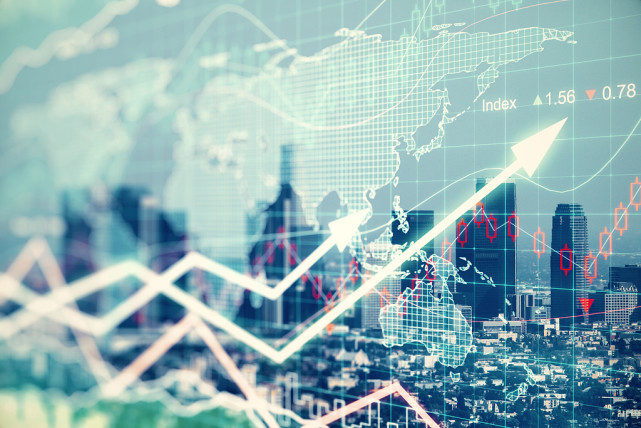
In fact, trading in the forex market is very similar to that in the stock market -Buy low and sell high. But the advantage of forex trading is that you don't have to choose from thousands of companies and industries, and forex trading is much simpler than choosing which company.
Exchange rate mechanism
There are usually two types of forex mechanisms
Flexible exchange rate mechanism
In a flexible exchange rate mechanism, currencies float freely and their value is determined by market forces.
Fixed exchange rate mechanism
In the fixed exchange rate mechanism, the currency is not allowed to fluctuate freely. On the contrary, the value of a currency is fixed at a specific level for a single currency, such as the US dollar; Or fix a basket of currencies at a specific level.Under the fixed exchange rate mechanism, the local central bank intervenes by using forex reserves to prevent exchange rate fluctuations.
Main factors affecting exchange rates
The market value of free floating currency is determined by many factors, including international trade, economic and political environment, interest rate, short-term money supply and demand, etc.
Unlike many other asset markets, the forex market is a complete market where exchange rates can freely rise and fall.
Over the Counter Trading (OTC)
The forex market is an over-the-counter trading market, which means that there is no actual trading venue and no prescribed trading and clearing time when both buyers and sellers make transactions in this market. Forex market through banksThe electronic trading network between enterprises and individuals operates 24 hours a day without interruption. Forex traders constantly negotiate with each other, and the final buy/sell price is entered into a computer program and displayed on the official quotation screen.The forex quotation between banks is called the interbank exchange rate
Exchange market participants
There are different types of participants in the forex market who pursue different goals. This is despite the fact that the currency market is referred to as a "zero sum game" (meaning that in the game, one party's gain necessarily means the other party's loss),But there are still many reasons for profit opportunities. Therefore, the forex market can be seen as a delicious pie that everyone can share. Traditionally, banks were the main participants in the forex market, and in terms of market share,They are still the largest traders in the current currency market. The increase in transparency has made the forex market more fair than before. Nowadays, almost everyone can participate in the forex market and be exposed to the same low difference in exchange rates as the interbank market.Although banks remain the main participants in the forex market, in the past 10 years, a large number of emerging market makers, such as hedge funds and commodity trading advisors, have emerged. The central bank also plays an important role in the forex market,Multinational companies also usually have a great interest in holding forex risk exposure. In the past 10 years, the number of retail investors has rapidly expanded, although specific numbers are difficult to calculate,
However, it is estimated that retail investors have a forex market share of up to 20%.
Spot forex and forex futures
Most forex transactions are completed off the exchange, and there is also an active and successful futures market. The daily trading volume of forex futures on the Chicago Mercantile Exchange is approximately $85 billion.Several other exchanges also offer forex futures trading. Generally speaking, spot forex adopts a T+2 settlement method, where open trading positions are settled after two working days. The term of forex futures is approximately 3 months,Usually settled quarterly in March, June, September, and January and December. This is also why futures prices often appear different from spot prices. In fact, the correlation between the two reached 100%.Due to the extremely efficient operation of the forex market, it is difficult to arbitrage through price differences. Forex futures include currency to forward exchange rates. Usually, the quotation method for forex futures is the US dollar against other currencies, in other words,The futures price is the reverse value of the spot exchange rate, plus the swap price as of the maturity date. Similarly, forex futures are not as complex as they sound. In summary, both over-the-counter trading and futures markets have their own strengths.The over-the-counter market is more flexible and has lower entry barriers.
Advantages of Forex Trading
24-hour uninterrupted trading
The forex market never sleEPS, and trading almost runs 24 hours a day, 7 days a week. Most transactions are completed between the opening of the New Zealand market on Monday, Sunday evening in Europe, and the closing of the US market on Friday evening.
liquidity
The scale of the forex market is huge and still growing day by day. At present, the daily transaction amount exceeds 3.2 trillion US dollars. The rapid development of technology provides almost everyone with the opportunity to enter the market. Retail investors swarmed in.
lever
Because it is more liquid, the marginal revenue rate of the forex market is higher than that of the stock market -- the forex price is changeable, and the volatility is lower.
Low point difference
The forex spread, which is the price difference between buying and selling, is very small. This conclusion can be easily drawn by comparing the 2-point spread between the euro and the US dollar with even the most active trading stock. Additionally, for wealthy individuals,In the forex market, it is possible to obtain better quotes than in the stock market. In essence, the spread is the inherent cost hidden in forex trading, and the spread in the forex market is very low.The promotion and popularization of technology have enabled almost everyone to participate in low spread forex trading.
No commission, no transaction costs
Most over-the-counter forex transactions are commission free, and considering the low spread, the inherent cost of forex transactions is much lower than other assets such as stocks.
Profitable regardless of fluctuations
Forex is a complete market, and exchange rates are prone to fluctuations. If a trader believes that a certain currency will depreciate, they can almost freely choose to sell. However, if the position is held for more than one day,So we must consider the costs associated with holding positions. In short, whether buying or selling, whether the market fluctuates upwards or downwards, there is potential profit potential in the forex market.
Equal access to market information
Although Europe and the United States have already introduced the best management mechanisms, few would deny that professional traders and analysts in the stock market have a huge competitive advantage over individual traders. As far as the forex market is concerned,The exclusive advantage of large banks may only be data on capital flows. The forex market is a very fair and fair market, where almost all participants have access to ever-changing market information.
【 EBC Platform Risk Reminder and Disclaimer 】: There are risks in the market, and investment needs to be cautious. This article does not constitute investment advice.






